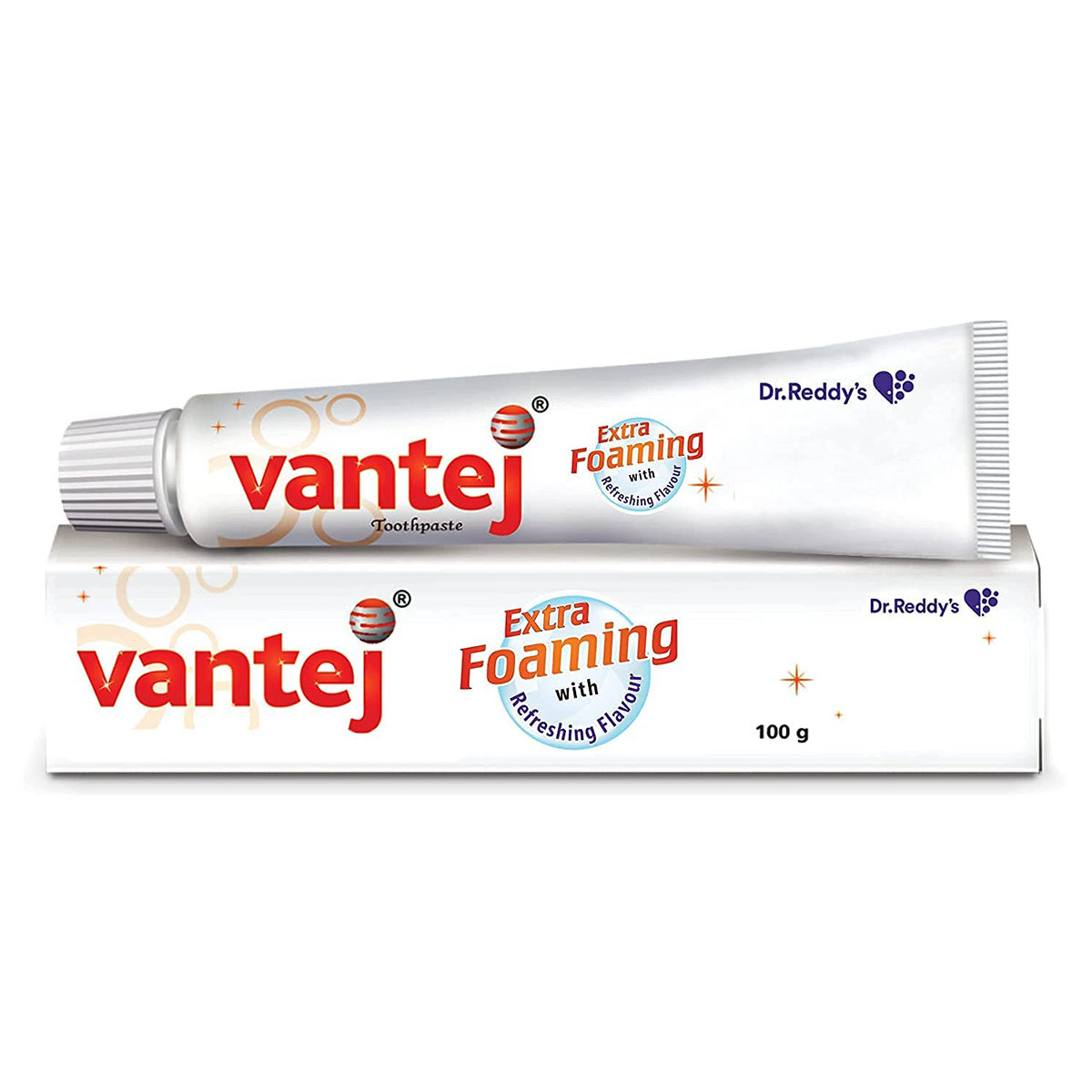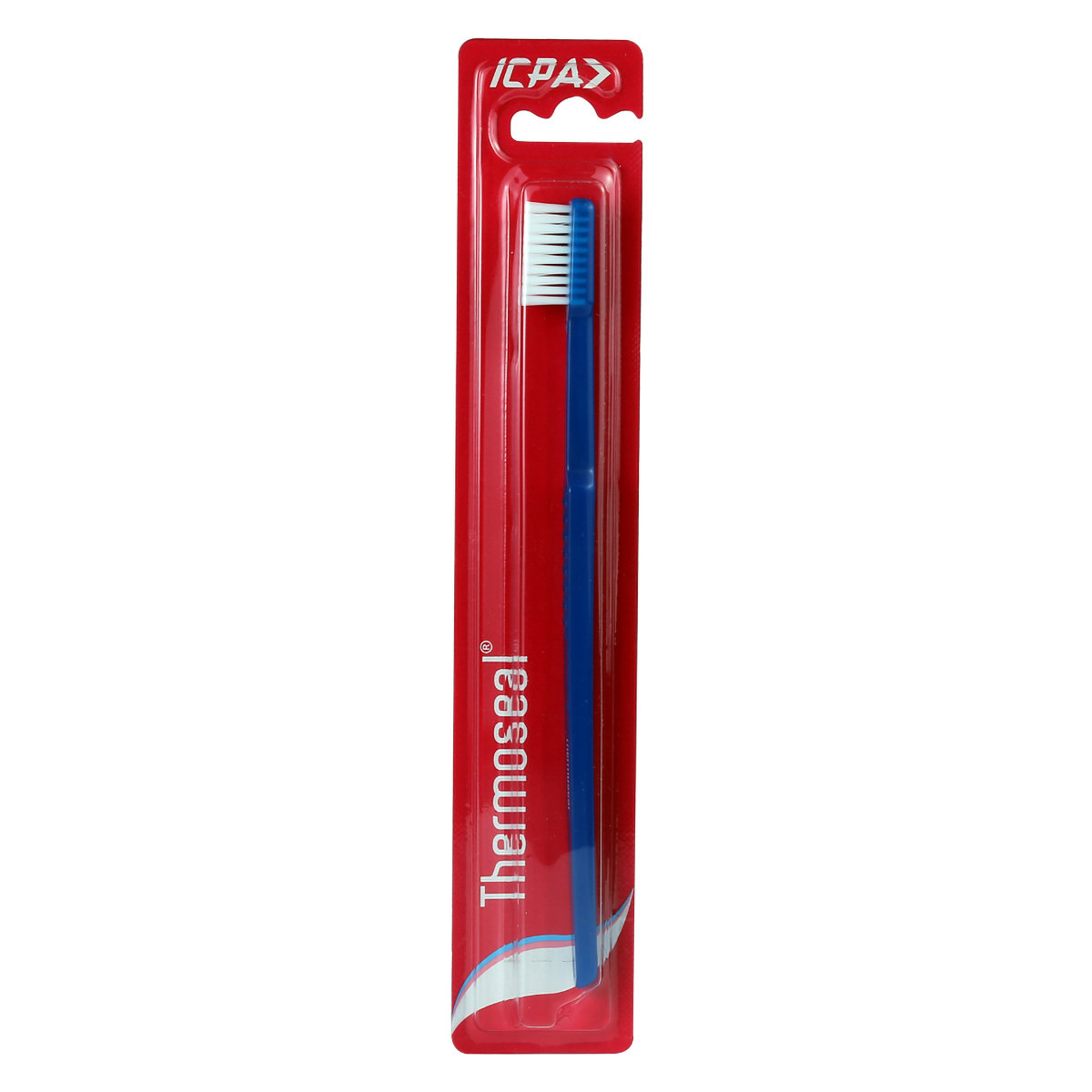Clorni Gel 10 gm
MRP ₹99
(Inclusive of all Taxes)
₹14.8 Cashback (15%)
About Clorni Gel
Clorni Gel belongs to the class of medication called oral, topical antimicrobial agents primarily used in treating gum and mouth ulcers. Generally, Clorni Gel comes in gel form for application inside the mouth on the affected area as Clorni Gel. Mouth ulcers are painful and small lesions in the mouth or base of gums. It can make eating, drinking, and talking difficult and uncomfortable.
Clorni Gel is a medication that combines chlorhexidine (an antiseptic) and ornidazole (an antibiotic). Clorni Gel is mostly used to treat mouth ulcers. Chlorhexidine aids in symptom relief by binding to the inner surface of teeth, cheeks, and Ornidazole, which is bactericidal and kills bacteria by damaging their DNA and preventing their growth and spread. As a result, good oral hygiene is maintained, and going out and performing daily activities becomes easier.
Clorni Gel comes in gel form for application inside the mouth on the affected area. Your doctor will decide the dose depending on the type of infection being treated. Contact of Clorni Gel with eye should be avoided; if you accidentally touch your eyes while applying Clorni Gel, please wash it immediately. The most common side effect of Clorni Gel is a metallic taste, bitter taste, burning, transient redness, irritation, dryness, and teeth staining. Sometimes it can lead to allergic reactions. If these effects appear and are bothersome, call your doctor or pharmacist.
Clorni Gel should not be used during pregnancy or breastfeeding until advised by a doctor. Also, please inform your doctor about all the medicines you are taking before starting Clorni Gel. If you breastfeed, please be cautious not to touch your breast while applying Clorni Gel inside the mouth. Clorni Gel should be given to children above 12 years only if recommended by a child specialist. In rare cases, chlorhexidine in Clorni Gel may cause severe irritation or chemical burns in young children. Maintain good oral hygiene and brush at least 2 times daily to avoid any oral infection and its spread.
Country of origin
Manufacturer/Marketer address
Online payment accepted

secured payment

india's most trusted pharmacy

genuine products
Composition :
Manufacturer/Marketer :
Consume Type :
Expires on or after :
Return Policy :
Provide Delivery Location
About Clorni Gel
Clorni Gel belongs to the class of medication called oral, topical antimicrobial agents primarily used in treating gum and mouth ulcers. Generally, Clorni Gel comes in gel form for application inside the mouth on the affected area as Clorni Gel. Mouth ulcers are painful and small lesions in the mouth or base of gums. It can make eating, drinking, and talking difficult and uncomfortable.
Clorni Gel is a medication that combines chlorhexidine (an antiseptic) and ornidazole (an antibiotic). Clorni Gel is mostly used to treat mouth ulcers. Chlorhexidine aids in symptom relief by binding to the inner surface of teeth, cheeks, and Ornidazole, which is bactericidal and kills bacteria by damaging their DNA and preventing their growth and spread. As a result, good oral hygiene is maintained, and going out and performing daily activities becomes easier.
Clorni Gel comes in gel form for application inside the mouth on the affected area. Your doctor will decide the dose depending on the type of infection being treated. Contact of Clorni Gel with eye should be avoided; if you accidentally touch your eyes while applying Clorni Gel, please wash it immediately. The most common side effect of Clorni Gel is a metallic taste, bitter taste, burning, transient redness, irritation, dryness, and teeth staining. Sometimes it can lead to allergic reactions. If these effects appear and are bothersome, call your doctor or pharmacist.
Clorni Gel should not be used during pregnancy or breastfeeding until advised by a doctor. Also, please inform your doctor about all the medicines you are taking before starting Clorni Gel. If you breastfeed, please be cautious not to touch your breast while applying Clorni Gel inside the mouth. Clorni Gel should be given to children above 12 years only if recommended by a child specialist. In rare cases, chlorhexidine in Clorni Gel may cause severe irritation or chemical burns in young children. Maintain good oral hygiene and brush at least 2 times daily to avoid any oral infection and its spread.
Uses of Clorni Gel
Key Benefits
Clorni Gel contains Chlorhexidine (an antiseptic) and Ornidazole (an antibiotic). Clorni Gel is primarily used in treating mouth infections. When microorganisms overgrow the otherwise normally present mouth, it can lead to unpleasant symptoms like mouth sores or ulcers, swollen gums, unpleasant taste changes, and suggestive mouth infections. Chlorhexidine aids in symptom relief by binding to the inner surface of teeth, cheeks, and Ornidazole, which is bactericidal and kills bacteria by damaging their DNA and preventing their growth and spread. As a result, good oral hygiene is maintained, and going out and performing daily activities becomes easier.
Directions for Use
Storage
Side Effects of Clorni Gel
- Bitter taste
- Metallic taste
- Burning
- Irritation
- Staining of teeth
Drug Warnings
Do not take Clorni Gel if you are allergic to Clorni Gel or its ingredients. Inform your doctor if you are pregnant or breastfeeding. Also, inform about all other medicines you take before using Clorni Gel. Clorni Gel is known to cause staining; it can be reduced by decreasing the consumption of tea, coffee, and red wine and brushing with toothpaste daily before using the gel. In rare cases, Clorni Gel can lead to severe allergic reactions, blood pressure drops, and even unconsciousness. If you notice any skin rash or experience asthma, it could be due to an allergic reaction.
Drug Interactions
Drug-Drug Interaction: No interaction found.
Drug-Food Interaction: No interaction found.
Drug-Disease Interaction: No interaction found.
Habit Forming
Diet & Lifestyle Advise
-
Staining can be reduced by reducing tea, coffee, and red wine and brushing with toothpaste daily before using the gel.
-
Maintain good oral hygiene to avoid infection from spreading.
-
Regular dental checkups can help in preventing the progression of the infection.
-
If you have minor diarrhoea (less than four stools daily), drinking caffeine-free soft drinks, juices, or sport rehydration drinks can be sufficient.
-
Intake of probiotics, prebiotics, and plenty of fluids is recommended to maintain a good bacteria level.
-
If the diarrhoea is more severe, specially formulated rehydration drinks should be taken.
Special Advise
-
Avoid drinking beverages like tea, or coffee especially up to 1 hour after the use of Clorni Gel.
-
Children under 12 years should not use Clorni Gel until and unless recommended by a dentist or doctor.
-
Use of Clorni Gel may cause temporary discolouration of the teeth or tongue, which can be removed by twice-daily brushing with Clorni Gel or consulting your dentist.
Disease/Condition Glossary
Gingivitis: It is a periodontal or gum disease with swollen and bleeding gums that can be caused due to various bacteria If left untreated can lead to periodontitis and, eventually, loss of teeth. Its signs and symptoms include bleeding from gums, swollen gums, a loose tooth, and sometimes a foul oral smell. Fusobacterium, Lachnospiraceae, Lautropia, Prevotella oulorum and Rothia dentocariosa are some of the bacterias which cause dental and gum problems.
Mouth ulcers (canker sores): These are small, painful lesions that develop in the mouth or at the base of the gums. They can make eating, drinking, and talking uncomfortable. Mouth ulcers are not contagious and usually go away within one to two weeks. However, if you get a canker sore that is large or extremely painful.
FAQs
Disclaimer
Alcohol
Safe if prescribed
Alcohol can affect Clorni Gel metabolism. So, avoid alcohol consumption while using Clorni Gel.
Pregnancy
Consult your doctor
Clorni Gel should not be taken if you are pregnant or planning to have a baby. If you become pregnant while using Clorni Gel, stop using the medication, and contact your doctor immediately. Metronidazole should not be used in the first trimester of pregnancy as it may cause harm to the fetus.
Breast Feeding
Consult your doctor
If you are breastfeeding, please consult your doctor before using Clorni Gel.
Driving
Safe if prescribed
Clorni Gel does not affect your ability.
Liver
Consult your doctor
Clorni Gel is safe to be used in liver-impaired patients. However, consult your doctor before using Clorni Gel.
Kidney
Consult your doctor
Clorni Gel is safe to be used in kidney-impaired patients. However, consult your doctor before using Clorni Gel.
Children
Safe if prescribed
Children below the age of 12 years should not use Clorni Gel. In children above the age of 12 years, Clorni Gel should be taken only if recommended by a child specialist.
Author Details
We provide you with authentic, trustworthy and relevant information
Uses of Clorni Gel
Key Benefits
Clorni Gel contains Chlorhexidine (an antiseptic) and Ornidazole (an antibiotic). Clorni Gel is primarily used in treating mouth infections. When microorganisms overgrow the otherwise normally present mouth, it can lead to unpleasant symptoms like mouth sores or ulcers, swollen gums, unpleasant taste changes, and suggestive mouth infections. Chlorhexidine aids in symptom relief by binding to the inner surface of teeth, cheeks, and Ornidazole, which is bactericidal and kills bacteria by damaging their DNA and preventing their growth and spread. As a result, good oral hygiene is maintained, and going out and performing daily activities becomes easier.
Directions for Use
Storage
Drug Warnings
Do not take Clorni Gel if you are allergic to Clorni Gel or its ingredients. Inform your doctor if you are pregnant or breastfeeding. Also, inform about all other medicines you take before using Clorni Gel. Clorni Gel is known to cause staining; it can be reduced by decreasing the consumption of tea, coffee, and red wine and brushing with toothpaste daily before using the gel. In rare cases, Clorni Gel can lead to severe allergic reactions, blood pressure drops, and even unconsciousness. If you notice any skin rash or experience asthma, it could be due to an allergic reaction.
Therapeutic Class
Diet & Lifestyle Advise
-
Staining can be reduced by reducing tea, coffee, and red wine and brushing with toothpaste daily before using the gel.
-
Maintain good oral hygiene to avoid infection from spreading.
-
Regular dental checkups can help in preventing the progression of the infection.
-
If you have minor diarrhoea (less than four stools daily), drinking caffeine-free soft drinks, juices, or sport rehydration drinks can be sufficient.
-
Intake of probiotics, prebiotics, and plenty of fluids is recommended to maintain a good bacteria level.
-
If the diarrhoea is more severe, specially formulated rehydration drinks should be taken.
Habit Forming
Side Effects of Clorni Gel
- Bitter taste
- Metallic taste
- Burning
- Irritation
- Staining of teeth
Special Advise
-
Avoid drinking beverages like tea, or coffee especially up to 1 hour after the use of Clorni Gel.
-
Children under 12 years should not use Clorni Gel until and unless recommended by a dentist or doctor.
-
Use of Clorni Gel may cause temporary discolouration of the teeth or tongue, which can be removed by twice-daily brushing with Clorni Gel or consulting your dentist.
Disease/Condition Glossary
Gingivitis: It is a periodontal or gum disease with swollen and bleeding gums that can be caused due to various bacteria If left untreated can lead to periodontitis and, eventually, loss of teeth. Its signs and symptoms include bleeding from gums, swollen gums, a loose tooth, and sometimes a foul oral smell. Fusobacterium, Lachnospiraceae, Lautropia, Prevotella oulorum and Rothia dentocariosa are some of the bacterias which cause dental and gum problems.
Mouth ulcers (canker sores): These are small, painful lesions that develop in the mouth or at the base of the gums. They can make eating, drinking, and talking uncomfortable. Mouth ulcers are not contagious and usually go away within one to two weeks. However, if you get a canker sore that is large or extremely painful.
All Substitutes & Brand Comparisons

Have a query?




















